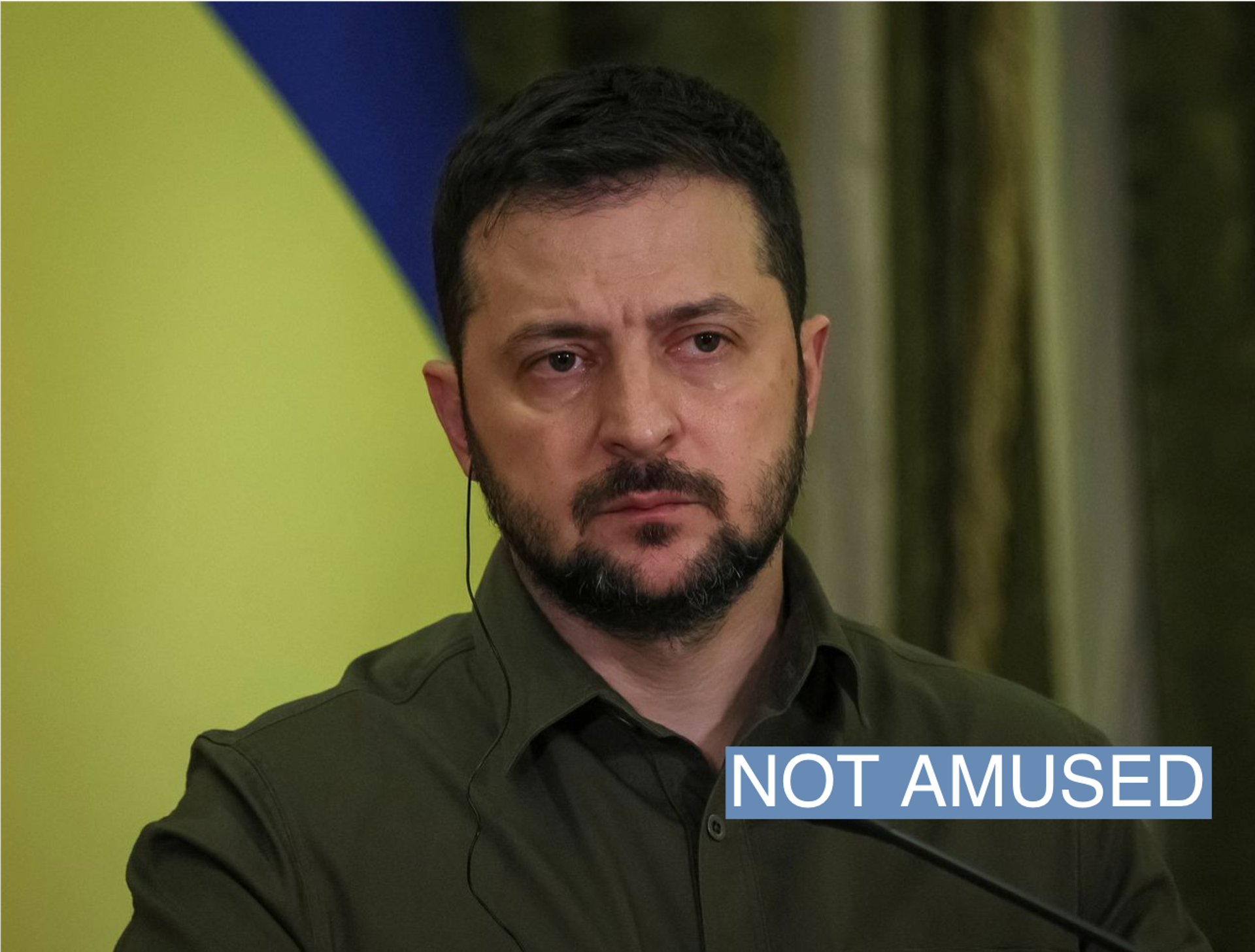The News

Joe Cirincione is blunt and smart when it comes to war and nukes. His knowledge and charisma have made him a key figure in the progressive national security world. He was previously a Senior Fellow at the Carnegie Endowment, President of the Ploughshares Fund, which backed the Iran nuclear deal, and then joined the Quincy Institute, an influential new foreign policy think tank that embraces American “restraint” in global affairs.
That is, until July, when he resigned his position over the Quincy Institute’s call for diplomatic talks with Russia on Ukraine, which he found divorced from realities on the ground. As it turns out, that exact debate is now melting down the Congressional Progressive Caucus after their chairwoman Rep. Pramila Jayapal, D-Wash., released, clarified, and then retracted a letter signed by 30 members asking the White House to engage Vladimir Putin in ceasefire talks.
Amid a wave of criticism from pro-Ukraine Democrats, including some signatories who had withdrawn their support for the letter, Jayapal blamed a staffer for accidentally releasing an outdated draft. The Quincy Institute, which helped circulate the letter, has played a cameo role in reports on the incident.
To help sort through the wreckage left in the letter’s wake, I asked Joe if he’d trade a few emails on how the letter came to be, where the process went awry, and what he made of its arguments on the merits. Below is our exchange, lightly edited for length and clarity.
THE INTERVIEW
STEVE CLEMONS: WTF regarding the Jayapal 30 letter? What went wrong with it, both in substance and in process?
JOE CIRINCIONE: Terrible staff work + terrible expert advice - Member involvement = Debacle.
To produce the shortest-lived Congressional letter in history, the CPC policy director worked in June with a few outside groups to write the letter. They were told they could release it when they got 30 of the 100 CPC members to sign it. They couldn’t hit that number until October, when they blindsided the members by releasing it 2 weeks before key elections. CPC Chair Jayapal tried walking it back, then had to pull the plug. It was the right call. The letter was an incoherent mishmash of contradictory positions based on an outdated analysis of the war. It was written when the war was stalemated, released when Ukraine is winning. Of course the positions don’t make sense.
CLEMONS: Is the criticism of the letter a blow against diplomacy in Ukraine or a recognition that this particular proposal favored by the Quincy Institute and others in the realist and restraint camps was deeply flawed?
CIRINCIONE: There are scores of diplomats & experts in DC offering serious analysis of approaches that could repel Putin’s invasion short of nuclear war. This letter reflected one deeply-flawed proposal from those who see the West as responsible for the war and now want the US to force Ukraine to end it. Rejecting this heavy-handed approach—what [Maryland Congressman] Jamie Raskin called a “colonialist reflex” in his repudiation of the letter—is not a rejection of diplomacy. It is a rejection of dumb diplomacy.
CLEMONS: What should we be doing with regard to Ukraine right now? Are you worried about negotiations-focused progressives and America First isolationist Republicans teaming up to find an excuse to cut American support for and engagement with Ukraine?
CIRINCIONE: I am worried. Some who opposed the past 20 years of unnecessary, disastrous US-initiated wars view the Ukraine War through this lens. But we face a different danger now. Putin and Putinism are real threats to other nations, including ours. The battle lines have shifted. Progressives like me are in common cause with some who supported those wars to fight this greater danger. Sadly, we see libertarians and even some progressives objectively aligning with the MAGA movement to attack US support for Ukraine.
CLEMONS: You are one of the world’s leading nuclear weapons experts. What should we be doing now amid the saber-rattling over possible use of nukes in this conflict?
CIRINCIONE: We don’t have to search far. Joe Biden has carefully threaded the needle. His administration has supplied Ukraine with the weapons, training and intelligence it needs to blunt the invasion, but has not done anything that escalates the conflict. They have warned of “catastrophic consequences” should Russia launch a nuclear war, but have not made the mistake of responding to Putin’s nuclear threats with nuclear threats of their own. They are firm, but not directly threatening Putin’s overthrow. They are searching for an offramp for Putin. In short, they have been engaged in smart escalation control and smart diplomacy. They deserve our support—and more credit than they have been given.